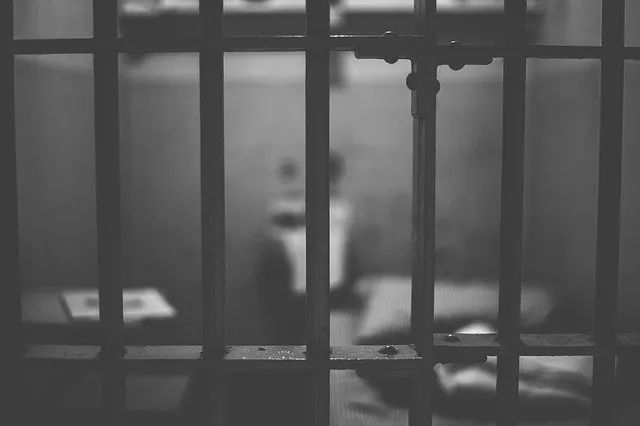Outrage over the death of George Floyd sparked international protest and calls to action against police brutality. The resultant increase in media attention towards the Black Lives Matter movement has also encouraged people to educate themselves on the shocking statistics surrounding injustices against the Black community and in the American criminal justice system.
Although “13th” was released on Netflix in 2016, this provocative documentary speaks volumes to current racial injustices and systemic racism in the United States, and is a must-see for those who hope for police reform.
The name of the movie, “13th,” refers to the 13th amendment to the United States Constitution, stating that “Neither slavery nor involuntary servitude, except as a punishment for crime whereof the party shall have been duly convicted, shall exist within the United States, or any place subject to their jurisdiction.” However, the exception, that criminals can be legal slaves, has brought us back to the 17th century and modernized slavery to encompass the criminal justice system.
“13th” explores the history of the U.S. in a different perspective from what students are taught in school, from slavery to Jim Crow laws to mass incarceration. However, unlike similar history films, it reveals the complexity surrounding legal racial injustice and the myth of “Black criminality.”
Filmmaker Ava DuVernay brilliantly combines both monochrome and modern graphics to show how American slavery has not disappeared, but simply morphed into the shape of mass incarceration and prison labor. She exposes the racist political objectives behind the War on Drugs, using footage from Nixon’s press conferences and evidence of public pressure for the arrests and sentences of thousands of Black individuals.
However, the most impactful part of her film was the music.
The rap lyrics were featured in bold letters, leading to a deeper understanding of Black history and incarceration. The songs mostly spoke about the pain behind Black stigma, and being wrongfully imprisoned because of their skin color. DuVernay brought pieces of Black culture into the film through old — yet relevant — music, such as “Don’t Believe the Hype” by Public Enemy (1988) and “Criminal” by The Roots (2008).
Common’s song “Letter to the Free,” featured in “13th,” was awarded an Emmy for Outstanding Original Music and Lyrics.
But just listening to his lyrics is nothing compared to watching the full documentary. To those joining the fight for an end to racial injustice in the United States, Netflix documentary “13th” is a must-watch.
Contact Anna Yang at annayang780 ‘at’ gmail.com.
